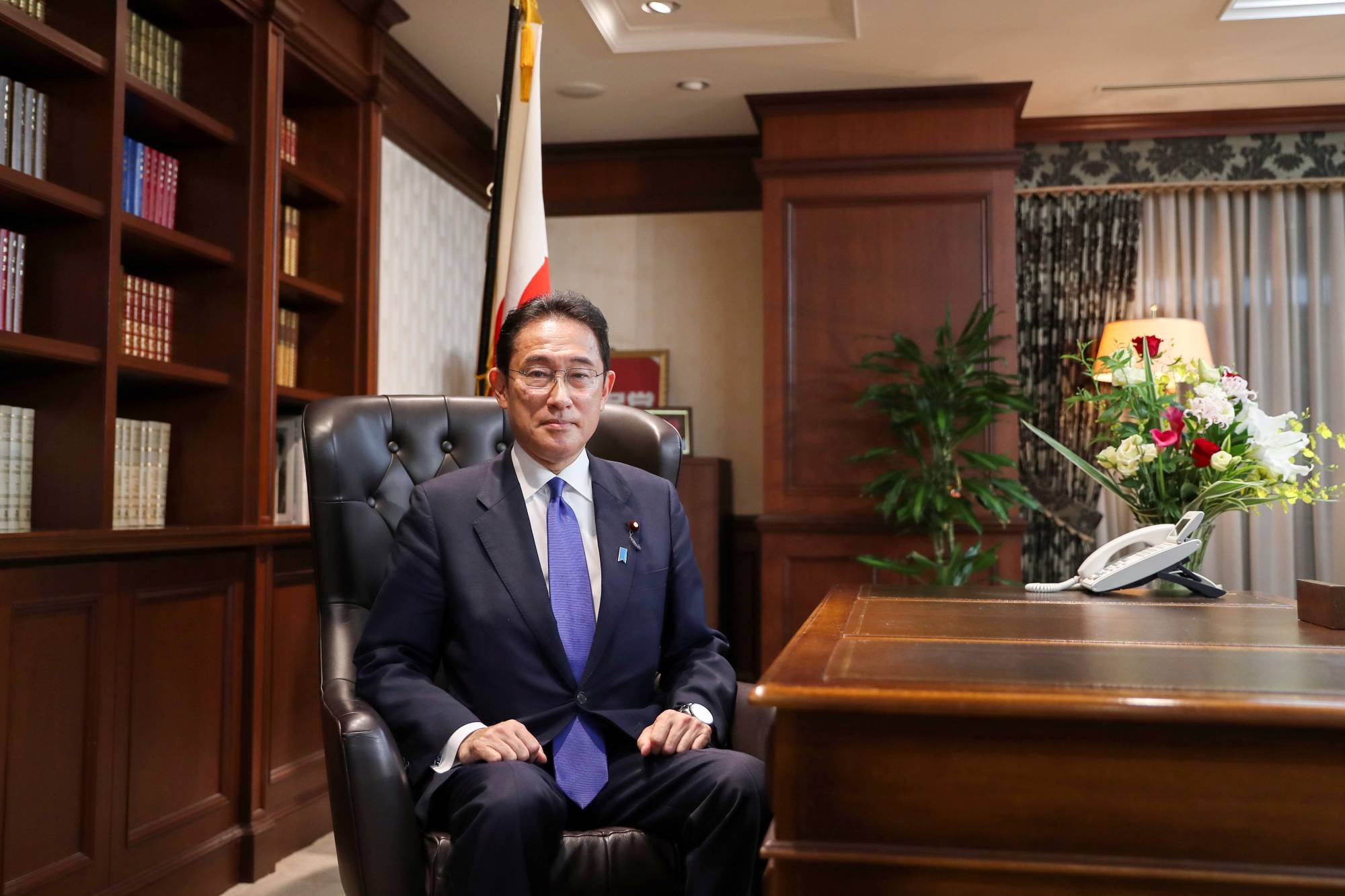It is official: Former Foreign Minister Fumio Kishida is set to become Japan’s next prime minister. His victory in the Liberal Democratic Party presidential race on Wednesday ended a monthlong whirlwind of backroom deal-making and political intrigue, with the final showdown essentially being a battle among Kishida and the three other opponents. In the end, it was his presence as the conventional LDP candidate that helped him prevail.
Naturally, the world is now wondering what Kishida’s premiership will mean for Japan. Can he deliver on his promises, like better management of the COVID-19 pandemic, building a stronger middle class by shifting away from neoliberal capitalism and strengthening Japan’s position as a key geopolitical player in the so-called age of the U.S.-China cold war? Or will he be just another revolving-door prime minister, especially after his predecessor, Yoshihide Suga, threw in the towel after spending just a year in office?
The answers to these questions depend on the LDP system that produced Kishida’s victory, the immediate challenges he faces, and the sources of power and tools he has available.



